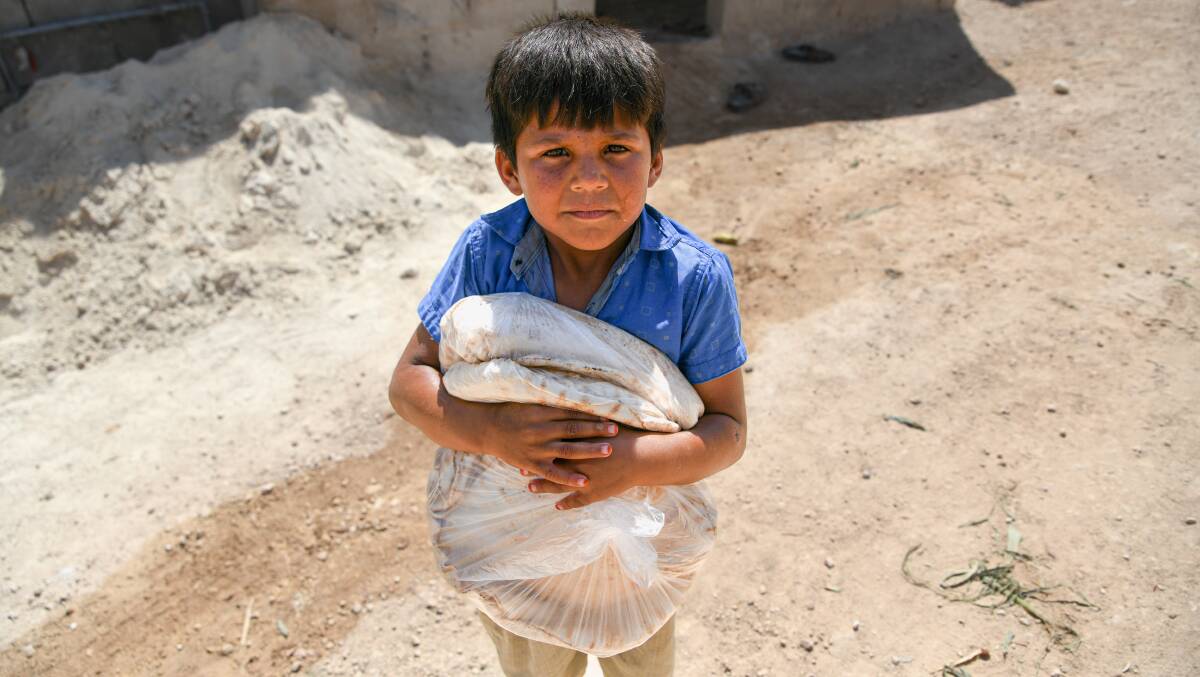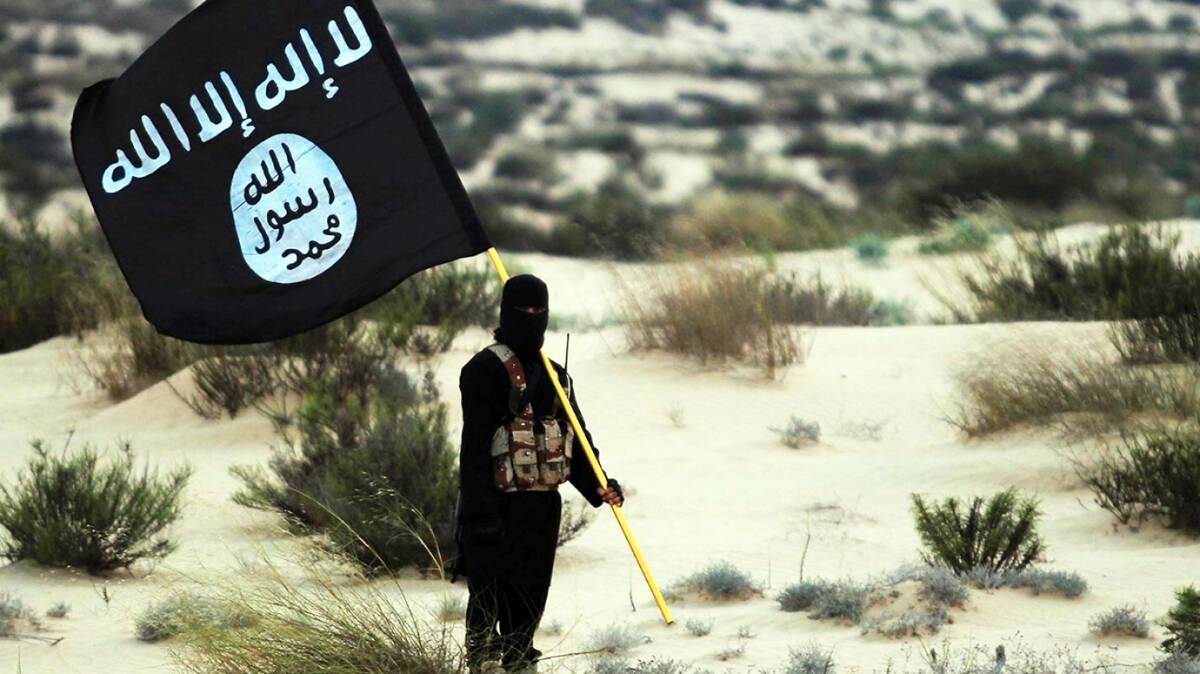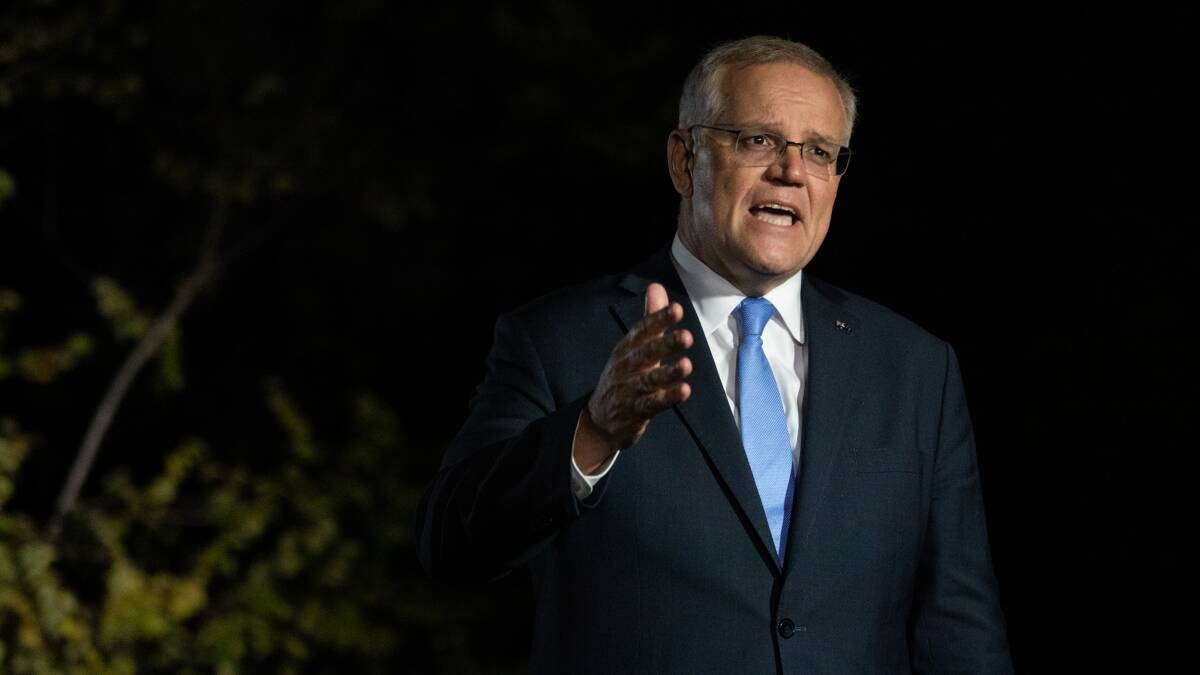Australia is being urged to rescue more than 40 of its children held in horrific conditions in Syria, denied access to health care and education.
Subscribe now for unlimited access.
$0/
(min cost $0)
or signup to continue reading
The European Court of Human Rights this week ordered France to "re-examine" its decision to block the return of two women who travelled to Syria to join their Islamic State husbands.
Australian governments have consistently warned about the threat posed by citizens returning from former IS-controlled Syria, and argued repatriation attempts would prove too dangerous.
But Save The Children CEO Mat Tinkler says the recent death of an Australian teenager, likely at the hands of the jihadi terror group, shows the constant danger Australians are in.
Mr Tinkler visited the Roj camp during a three-day trip to north-east Syria in July, saying detainees were exposed to squalid, potentially deadly, conditions.

Children were forced to suffer through untreated medical conditions and lacked access to education, with temperatures not dipping below 45 degrees during his trip, he said.
"Those camps there in the middle of the Syrian desert ... The Australian women and their kids are living in tents in those camps," he said.
"The camps themselves are also built around oil wells, so there are ... noxious fumes sometimes flowing through during the night."
Sixty-three Australians, including over 40 children, were currently held in Syrian camps. Just eight were repatriated in 2019.

The then-Coalition government argued rescue missions in Syria would put Australian lives at risk, but Mr Tinkler said his own trip exposed the argument was a "red herring".
"If an Aussie bloke from the suburbs can get into these camps, then Australia, with all its capabilities and its allies in the region, can surely [too]," he said.
Earlier this month, France repatriated 51 citizens, with Germany and the Netherlands returning 37 and 16 respectively.
'Absence of will'
Some Australian women travelled willingly to Syria, understanding the nature of Islamic State. But others were tricked or coerced by partners, and remained in limbo.
One Australian was just 14 when her parents took her to Syria, where Mr Tinkler said she mothered four children.
"She was taken against her will ... She's residing in the camp with her children. She's been very unwell herself and is highly vulnerable. Her children are highly vulnerable as well," he said.
While others may have committed crimes in Syria, Mr Tinkler insisted the "risk can be mitigated" after they returned to Australia.

All Australian women remaining in the camp had pledged to cooperate with law enforcement on their return, he said, while the government was "yet to act" on their "extraordinary" offer to subject themselves to stringent terror control orders.
"We're left with political will being the real barrier here," he said.
"For three years under the previous government, we saw a complete absence of political will to provide these children and their mothers with safety and their mothers.
"So far, we haven't seen the Albanese government act, either."
Mr Tinkler said boys in the camps were often separated from their female relatives at around the age of 13, moved to male facilities which were essentially adult prisons.
READ MORE WORLD NEWS:
The threat lives was laid bare in July, when Human Rights Watch reported an 18-year-old Australian, forced as a child to live under Islamic State, had died.
While details on his death are scant, Yusuf Zahab was reportedly hurt during an Islamic State attack on the facility before eventually succumbing to his injuries.
HRW associate crisis and conflict director Letta Tayler accused the Australian government of "outsourcing responsibility for their nationals held in horrific conditions" overseas.


